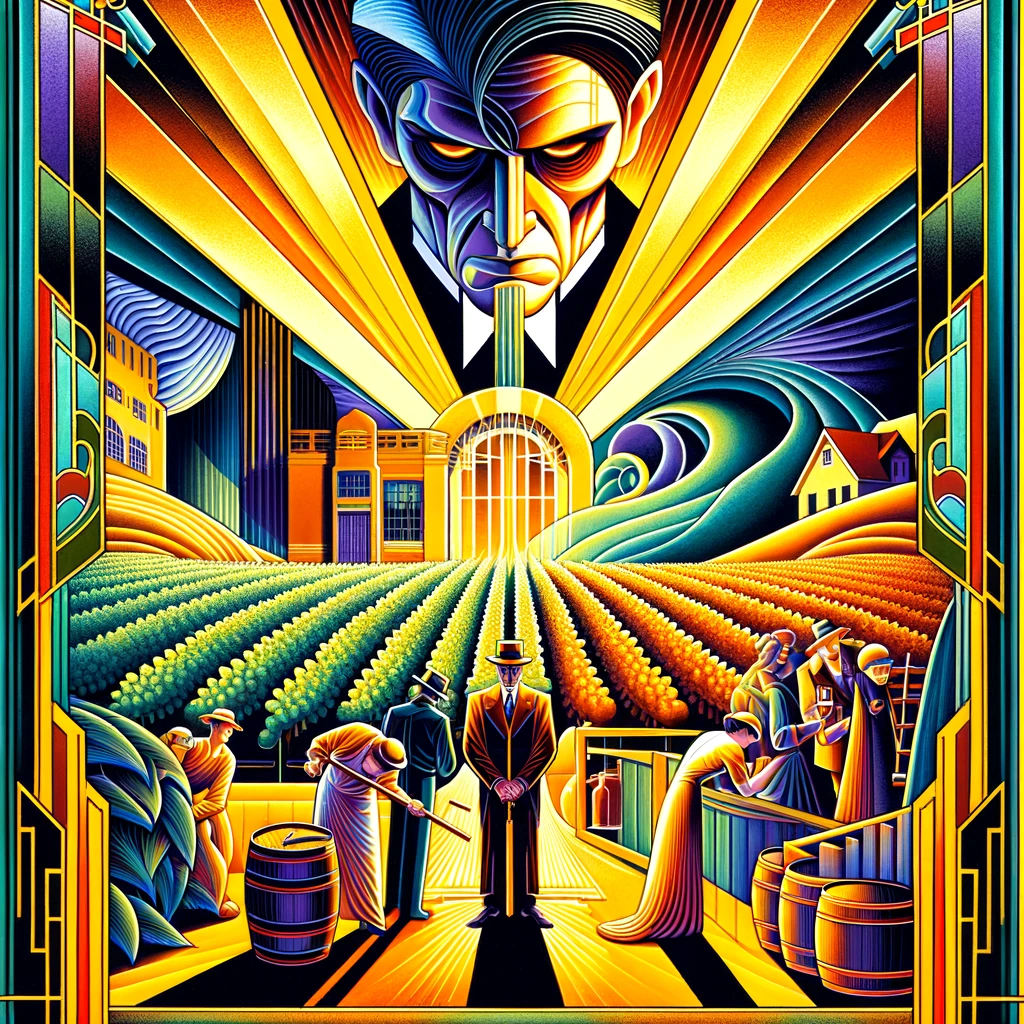The War Against Science
Trust in science is at its lowest point in generations. So why is an international health agency willing to further degrade its reputation by loudly espousing moral beliefs disguised as science? For the past decade, the World Health Organization (WHO) has been waging a cold war against alcohol, spurning science in favor of the puritanical beliefs of the neo-prohibition movement. groups.
WHO the F*ck?
WHO’s recent declaration that there is “no safe level” of alcohol consumption strikes an ominous note within the global health industry. This proclamation is the by-product of labyrinthian policy changes spearheaded by anti-alcohol activists, who are exploiting scientific disputes to promote their own political agendas. For over a decade, they have surreptitiously realigned the narrative surrounding alcohol and its health implications.
Far too many people, their families and communities suffer the consequences of the harmful use of alcohol through violence, injuries, mental health problems and diseases like cancer and stroke.
Dr Tedros Adhanom Ghebreyesus. Director-General of WHO. 2018
It took years of backroom political dealmaking to push the anti-alcohol agenda. But in 2019, the neo-prohibitionists won the battle: WHO quietly changed their policies to view all alcohol consumption as a major public health crisis despite a lack of compelling scientific consensus. The WHO’s internal documents reveal a close relationship with anti-alcohol interest groups.
Backroom Deals
The movement to demonize alcohol started in 2015 at the European Union’s Alcohol and Health Forum. The forum was a platform for the alcohol industry and governmental health agencies to collaborate and was widely praised for mitigating alcohol-related harms. In a surprise move that year, over 20 public health organizations exited the forum, signaling a new antagonism toward traditional European values.
That tactic was a successful gambit: the forum disintegrated immediately, effectively removing the alcohol industry’s voice from the conversation. This allowed the WHO to ignore reams of research and shut out any pro-alcohol voices from policy decisions. It was in this atmosphere that the WHO was able to make its anti-alcohol declarations.

The Zealots
This shift was not merely rhetorical, and not just focused on Europe; WHO is funding significant initiatives in the Americas to promote an anti-alcohol agenda that is influenced and underwritten by anti-alcohol zealots.
Among these groups, Movendi International stands out. Once a fringe temperance society, Movendi has rebranded itself as a human rights organization advocating for lifestyles free from alcohol. Yet, beneath this modern facade lies fervent anti-alcohol beliefs that are reminiscent of the prohibition era. Movendi and its allies have adeptly navigated the policy landscape, positioning itself as a moral and scientific authority on alcohol consumption.
The Science for Alcohol
Temperance groups’ maneuvering has not gone unchallenged. The wine industry, represented by the Comite Europeen des Entreprises Vins, has voiced concerns over what they perceive as an unjust vilification of alcohol. Instead, they advocate for a nuanced understanding that recognizes the role of moderate consumption in healthy lifestyles. This perspective gains support from emerging scientific critiques that question the absolutist stance against alcohol.
A notable counterpoint to the WHO’s position is the body of peer-reviewed studies that uphold the health benefits of moderate alcohol consumption. Though bound by the strictures of scientific inquiry and often overlooked in the public discourse, these studies offer a compelling challenge to the neo-prohibitionist narrative. They suggest that the relationship between alcohol and health is not monolithic but nuanced, influenced by patterns of consumption and individual health profiles.

Censoring the Science
Temperance organizations’ intervention in public health policy raises fundamental questions about ideological groups’ influence on scientific discourse and policy formulation. The Canadian Centre for Substance Use and Abuse’s drastic revision of alcohol guidelines, largely influenced by abstinent-centric research, exemplifies the tangible impact of such ideologies on national health policies.
Moreover, a major study on moderate drinking was aborted despite its adherence to rigorous scientific standards. The researchers involved in the study were vilified in the media and canceled via social media—not because of the science, but because some of the labs’ funding came from the alcohol industry. It should be noted that the only way to fund such research today is with industry money: more and more government agencies will only fund studies that adhere to the new religion of prohibition.
Truth or Truthiness?
In the end, the dialogue surrounding alcohol, health, and policy mirrors broader societal struggles over science and ideology. The world doesn’t need a new religion of prohibition, and public health agencies already have too many enemies. If WHO continues promoting luxury beliefs at the expense of scientific inquiry, they risk squandering the last shred of public trust.
